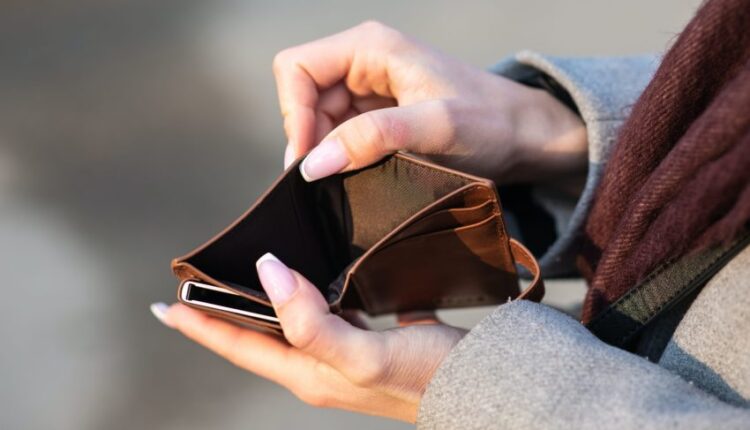Is Coffee Becoming a Luxury?
Coffee prices have risen by 24% over the last year due to supply issues, particularly in Brazil and Vietnam. Brazil’s Arabica coffee supplier, FNB Commercial, has experienced below-average rainfall, while Vietnam’s Robusta coffee crop is expected to be the lowest in 13 years. This has caused irreversible damage to coffee blossoms, leading to fears that excessive dryness will damage coffee crops and curb global production. Global conflicts, logistics challenges, and delays in product deliveries also contribute to price increases.
In South Africa, instant coffee prices hover just under R200 per 200g, with local retailers running specials to attract customers. The biggest increase has occurred over the past three years, but there has been an 82% jump since 2017. The price of instant coffee only started to climb in 2021, and many coffee drinkers enjoy sugar and milk in their coffee.
Climate change poses a significant threat to the coffee industry, as coffee crops require specific temperature, light, and humidity levels for proper growth. Nestle’s global head of coffee strategic business unit, Philipp Navratil, estimates that half of coffee lands will no longer be viable for coffee production around 30 years from now. A 2022 study found that coffee plants will be less suitable for cultivation in current coffee-producing regions due to climate change impacts. The most suitable areas for coffee growth are currently in Central and South America, particularly Brazil, Central and West Africa, and parts of South and Southeast Asia.
Read More @ SA People News
Source: Coffee Talk



